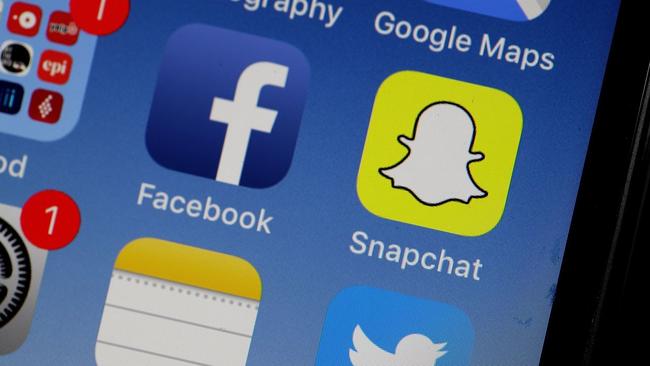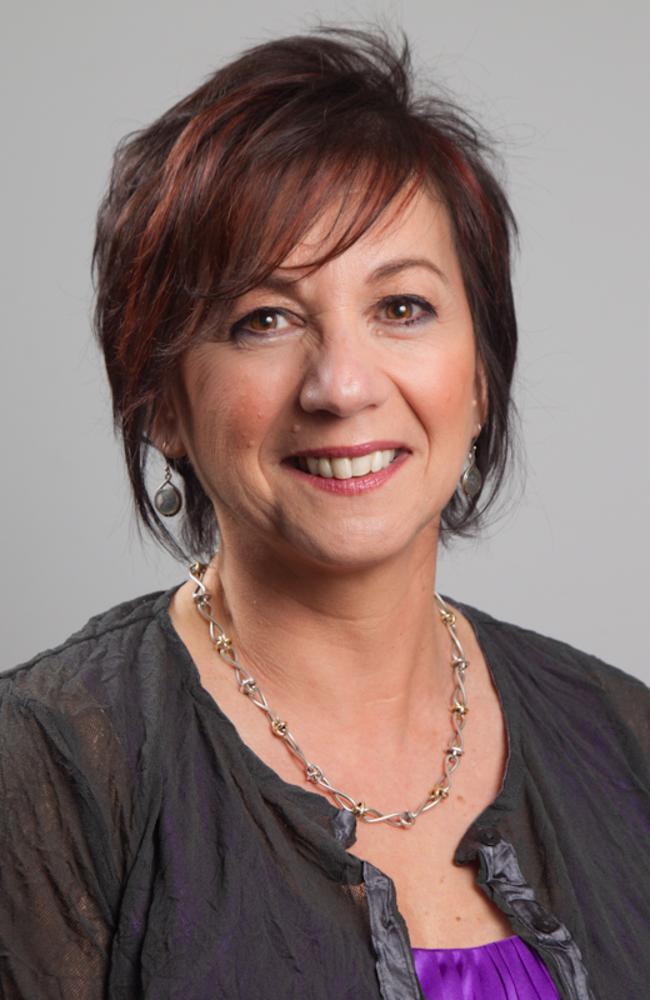What you’re missing about the young people in your life
They might smile in selfies and seem carefree, but Australia’s young people are nursing a dark and depressing secret.
Health
Don't miss out on the headlines from Health. Followed categories will be added to My News.
OPINION
Have you noticed that the young people in your life right now seem to be rather more serious, less enthusiastic, more worried?
Have you asked them what’s going on – or perhaps given them a lecture about these being the best days of their lives, etc?
Young people today are faced with challenges that seem to be overwhelming them.
These include the existential threats like climate change and cost of living issues that may keep them dependent, or have them struggling to house and feed themselves on a young person’s wage.
Many of them lost the years of learning about social relationships by being limited by Covid
to online connections.
Online classes rather than face-to-face has changed the nature of tertiary education – limiting it to the classroom, rather than educating young people about the world and the other.
The structure of the workplace has broken down, such that there are fewer casual supports, fewer opportunities for casual learning, fewer possibilities for making connections with mentors and those who may support your career. And young people tell us that they are lonely!
Australia is in the grips of a mental health crisis, and people are struggling to know who to turn to, especially our younger generations. Can We Talk? is a News Corp awareness campaign, in partnership with Medibank, equipping Aussies with the skills needed to have the most important conversation of their life.

Research by News Corp’s Growth Distillery with Medibank has revealed that while many Australians when challenged rate their mental health as below average, one in three younger Australians feel that way. I say when challenged, because the scary revelation for me is that they don’t feel they can talk about it.
About two thirds have said that they have wanted to reach out to someone about this but felt they couldn’t. With all the conversations about “RUOK?”, and “let’s talk about it” and “it’s OK to not be OK”, they feel they can’t reach out.
Actually, half of those surveyed between the ages of 13 and 44 said they had reached out but had received an unsatisfactory response.
Many of them rate isolation as a significant problem in their lives, perhaps meaning they don’t feel they have caring people in their lives to whom they could turn.
I understand that this is a problem for many of you. My clinic is increasingly being attended by parents of young people who seem to be struggling, who are withdrawing from the normal activities they valued – school, study, sport, socialising, work, career – are living in their rooms, often not eating with the family and not even participating in normal household activities – and will not talk about it or agree to receive professional help.
Their only friends seem to be their screens and this is clearly not working for them any more than not doing things is.
Almost two thirds of Australians are relying on social media platforms to get mental health advice. Gen Z and Millennials are the worst when it comes to seeking help through their screens.
The advice they’re finding is clearly not helping, but the obstacles to other sources of help seem overwhelming.
And the kids know their reliance on social media is not helping – a third of them will tell you of its negative impacts – doom scrolling and comparing themselves to others makes them feel worse and increases their stress, they know it but keep doing it.

The “system” for the support of young people’s mental health is not working for them.
To see a psychologist, they have to go through their GP (and there is often a long wait to even get in, and then they don’t know each other and stories have to be told and asking for help is already difficult).
We need to create a different way for young people. Government-funded clinics with salaried psychologists and other mental health supports, so there is no financial barrier to getting help, nor roadblocks along the way.
These clinics need to be accessible at young people’s hours, which probably means well into the evening rather than just business hours.
They need to be accessible by public transport and not challenge the young person to make a choice of work or therapy because that’s the only appointment they can get.

When I speak to young people, they tell me the older generations have let them down. That they have inherited a broken world, of an environment hurt by us, of wars and conflict, of struggle and lack of hope.
They see no point in repeating the life of their parents but don’t know how to create a better one. Some of them are then labelling themselves as “broken” and are giving up.
We have to reach out to young people and show them that they are not broken and nor is their world. There are things everyone can do to improve their mental health – some of which are so self-obvious we forget to do them.
We need to move our bodies – joyfully, not killing ourselves in the gym but connecting with our bodies to give them what they need.
We need to connect with others – others like us and others outside our echo chambers, in person, both casually and deeply.
We need nature – we need to be outside and away from the excesses of city life, just breathing and being.
We need to eat healthy food and drink enough non-caffeine and non-alcohol drinks. And we need to do all this without the impact of other substances.
We all need to be able to reach out to others and find their support for us in our cores. Not with advice necessarily, but to say you are OK and will be OK and the world will support you and you have a lot to give and we have a lot to give you and you don’t have to do this alone.
Amanda Gordon AM Hon FAPS is one of Australia’s most respected clinical psychologists. Past President of the Australian Psychological Society, she has a private practice in Sydney, where she has helped hundreds of people.
More Coverage
Originally published as What you’re missing about the young people in your life
Read related topics:Can We Talk?




